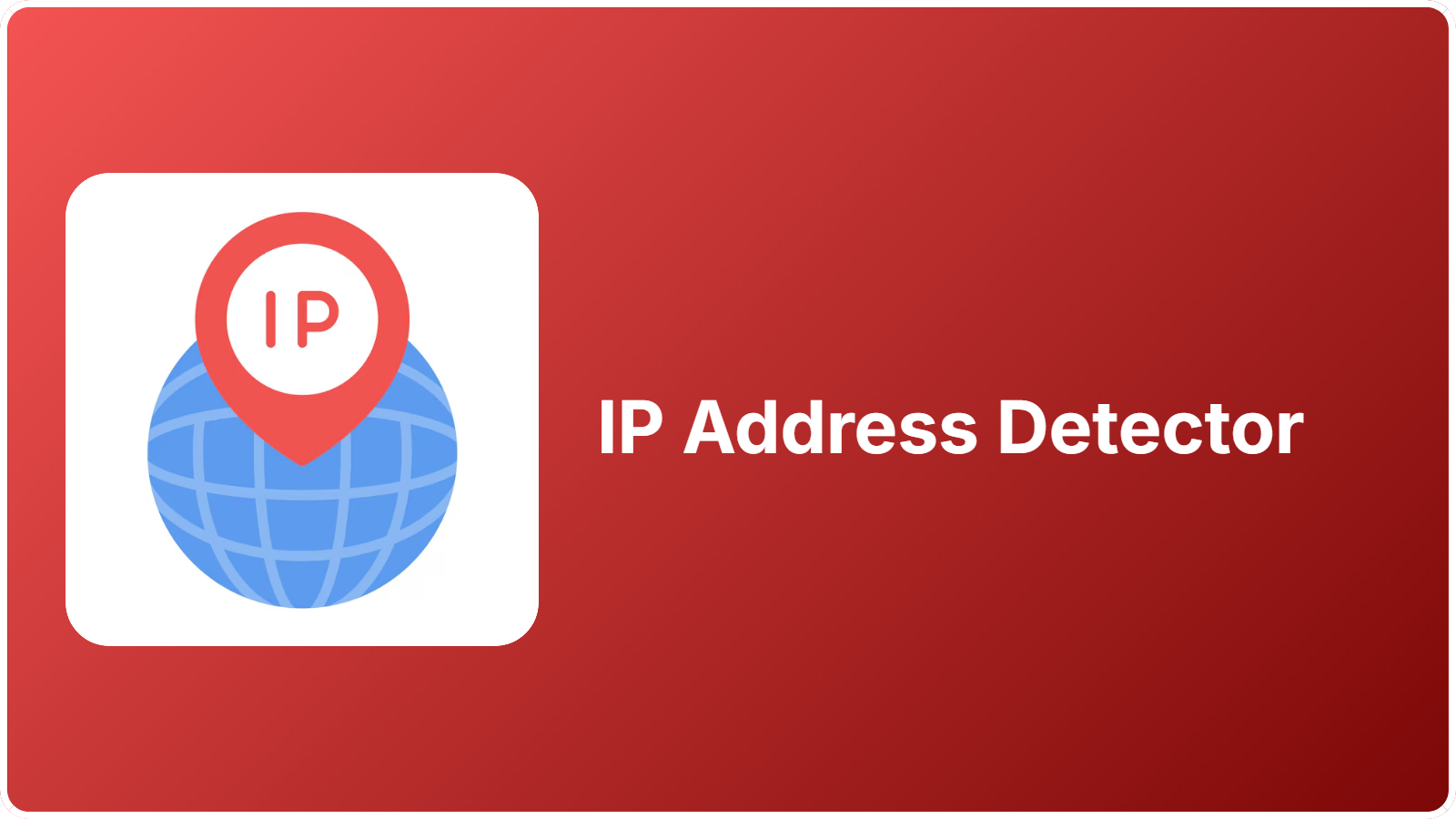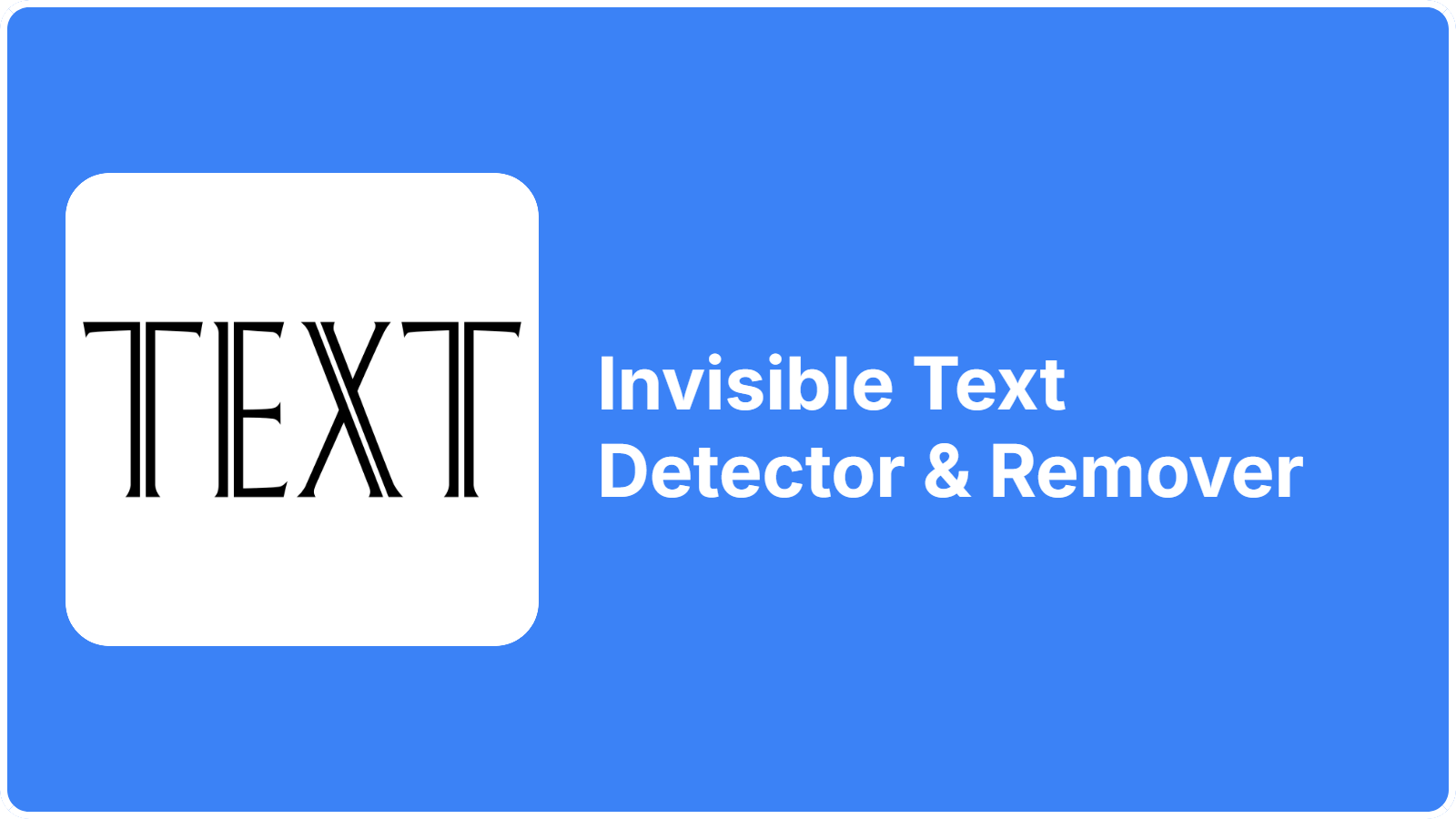In the ever-evolving digital landscape, understanding the technology stack behind a website offers crucial insights for developers, marketers, researchers, and businesses. A Website Technology Detector is a specialized tool that scans a website and identifies the technologies it uses — from backend servers to frontend frameworks.
Whether you’re a developer looking to replicate or improve upon a website, a marketer analyzing competitors, or a student exploring web development, this tool reveals what powers any site under the hood. From WordPress blogs to React-based web apps, understanding a site’s infrastructure is now just a click away.
Key Features
1. Comprehensive Technology Detection
This tool provides deep, multi-layered scanning to detect technologies across all major web development domains:
-
Server & Backend Technologies: PHP, Node.js, Python, Ruby, etc.
-
Frontend Frameworks: React, Vue, Angular, jQuery, Bootstrap.
-
Content Management Systems (CMS): WordPress, Joomla, Drupal.
-
E-commerce Platforms: Shopify, WooCommerce, Magento.
-
JavaScript Libraries: GSAP, Lodash, Axios.
-
Server-Side Languages: PHP, Python, Ruby, Java, and more.
2. Detection Categories
The scanning engine evaluates and categorizes the detected technologies into clearly defined groups:
-
Main Technology Identification – Highlights the core platform used.
-
Server and Backend Analysis – Looks at server headers, cookies, and backend fingerprints.
-
Frontend Detection – Analyzes JS/CSS files for frontend tech presence.
-
HTTP Headers Analysis – Examines response headers for server info and tech hints.
-
JavaScript & CSS Scanning – Inspects file patterns and scripts to detect frameworks and tools.
-
Additional Technical Details – Includes CDN usage, analytics, web fonts, and more.
3. Supported Technologies
The detector is optimized to identify popular platforms, including:
-
CMS: WordPress, Drupal, Joomla
-
Frameworks: Laravel, Symfony, Express.js, Django
-
Frontend: React, Angular, Vue.js, Next.js, Svelte
-
E-commerce: Shopify, Magento, BigCommerce, WooCommerce
-
Others: Gatsby, Squarespace, Wix, Bubble, Ghost
4. Technical Analysis
Behind the scenes, the tool employs several advanced techniques:
-
URL Validation – Ensures correct and reachable input URLs.
-
HTTP Header Examination – Detects server types and caching systems.
-
JavaScript & CSS File Analysis – Identifies libraries and frameworks based on resource patterns.
-
Technology Confidence Score – Provides a confidence percentage based on detection strength.
-
Real-Time Scanning – Returns results in seconds without storing sensitive data.
Benefits and Applications
This tool is a powerful asset for a variety of professional and academic contexts:
-
Competitive Analysis – Understand how your competitors build and host their websites.
-
Technology Research – Explore trends and tech adoption across industries.
-
Development Planning – Evaluate tools used by popular sites to inform your own stack.
-
Security Assessment – Detect outdated technologies or potential vulnerabilities.
-
Migration Planning – Prepare for CMS or platform migrations by understanding existing setups.
-
Learning and Education – Great for students analyzing real-world applications of web technologies.
User Interface Features
-
Simple URL Input – Paste the website address and click to scan.
-
Real-Time Scanning – Fast processing with immediate feedback.
-
Detailed Results Display – Grouped by backend, frontend, CMS, and more.
-
Dark Mode Support – Visually friendly UI for long sessions.
-
Mobile Responsiveness – Fully functional on mobile and tablets.
-
Error Handling – Smart alerts for unreachable URLs or unsupported domains.
Best Practices
To ensure accurate and useful results:
-
Use Complete URLs – Include
https://to improve detection reliability. -
Understand Scanning Limits – Some sites may block bots or mask tech details.
-
Interpret with Context – Some detections may reflect third-party services, not core architecture.
-
Respect Privacy and Terms – Use responsibly and avoid scanning protected/internal systems.
Technical Details
-
Detection Methodology – Relies on a combination of HTTP headers, HTML source, JS files, and metadata.
-
Confidence Scoring – Rates each detected technology from 0–100% based on evidence strength.
-
Technology Indicators – Includes file names, CDN URLs, script hashes, meta tags, and cookies.
-
Header Analysis – Identifies platforms like Apache, NGINX, Cloudflare, or LiteSpeed.
-
Resource Scanning – Captures external scripts, libraries, and dependencies for full analysis.
Use Cases
-
Developer Research – Analyze tech choices for inspiration or validation.
-
Business Intelligence – Understand competitors’ technology costs or scalability.
-
Educational Purposes – Great for students learning to identify real-world tools.
-
Migration Planning – Helps teams evaluate legacy systems and alternatives.
-
Security Assessment – Identify outdated or vulnerable software stacks.
Limitations and Considerations
-
Technology Masking – Some websites intentionally hide their stack (e.g., via reverse proxies or CDN obfuscation).
-
False Positives – Heuristics may occasionally misidentify or infer technologies incorrectly.
-
Private/Internal Sites – The tool can only scan publicly accessible websites.
-
Security Restrictions – Firewalls, CAPTCHA, and JS challenges can interfere with scanning.
-
Rate Limits – Usage limits may apply to avoid abuse and ensure performance.
Future Enhancements
The roadmap includes exciting developments such as:
-
More Technology Support – Expanding detection to cover lesser-known stacks.
-
Enhanced Detection Accuracy – Using machine learning and wider signature databases.
-
Performance Optimization – Faster scans and more responsive UI.
-
Advanced Reports – Exportable results and PDF summaries.
-
API & Integrations – Connect with monitoring tools and business intelligence platforms.
Conclusion
The Website Technology Detector is an essential tool for uncovering the hidden layers of any website. Whether you’re a seasoned developer, a curious student, or a competitive marketer, this tool offers a clear window into how the modern web is built. From CMS platforms and ecommerce engines to JavaScript frameworks and server stacks, it delivers insightful data at lightning speed.




No Comments